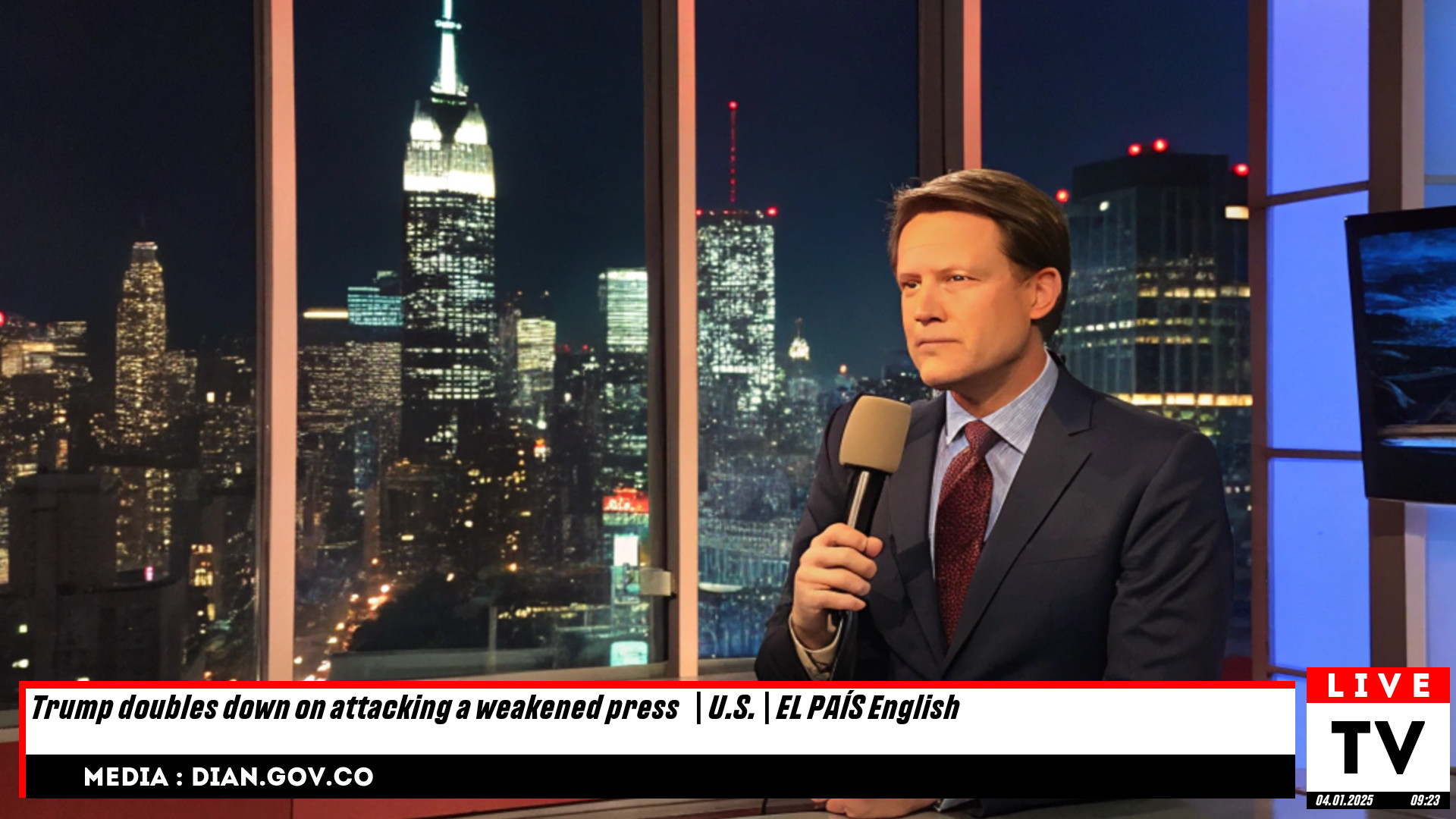Rupert Rucker de Schroders: ‘Las acciones pequeñas y medianas de EE. UU. han sido olvidadas durante años y ahora son una gran oportunidad’ | Economía y Negocios | EL PAÍS English

Rupert Rucker (Reino Unido, 57 años) tiene una trayectoria poco convencional para un director de inversiones, el cargo que ocupa en la gestora de activos Schroders, donde supervisa acciones de pequeñas y medianas empresas estadounidenses. Tras graduarse en filología clásica y haber servido como oficial en el ejército británico durante casi cuatro años, actualmente reside en Londres, donde gestiona un fondo que invierte en empresas pequeñas y medianas de EE. UU., así como en otros dos enfocados en inversiones de impacto. “Comprender la historia antigua y el latín es una combinación de intentar desentrañar lo que ocurrió a partir de muy poca información, ya sea de inscripciones o de papiros”, comenta. Eso no es tan diferente de interpretar los mercados financieros, señala durante una breve visita de 24 horas a España en ruta hacia Italia.
Question. A lot of investors are making money now with the Magnificent 7. Why should people invest in small and mid-cap stocks?
Answer. The Magnificent 7 have made people a lot of money for a few years now. They’ve dominated stock markets not just in the United States, but around the world, particularly Nvidia and Microsoft, because there’s been a lot of money invested in the AI infrastructure, as well as in TSMC, the semiconductor manufacturer. So, why change now? Because this is all starting to spill out. Investment can’t go on forever at the rate that it’s been going. We can go back and think about what happened in 2000, when the internet was built. At that stage, we had a similar, huge investment and there was another big bubble. Cisco was the kind of equivalent of Nvidia then. But it took another few years for the internet infrastructure to be used by companies. We’re at a similar stage now where the AI infrastructure is being built, with data centers and LLMs (large language models), and that really benefits smaller companies because the data centers themselves, they need better energy usage and better cables. So, we expect that the money flow in the large-caps will start to wear off. It’s not going to end, but that flow will start to benefit more smaller companies. Whereas the larger caps are overvalued, smaller companies have just been so completely ignored for so many years that they really are at good prices for us to benefit from all of the added demand that’s coming through.


Impactante accidente en San Andrés: pareja sufre lesiones durante vuelo en parasail.

"El Test del Elefante Rosa: ¿Qué Revela tu Imaginación Visual sobre el Control de tus Pensamientos?" | Ciencia | EL PAÍS Inglés

"Descubre a Jean-Luc Godard: El innovador cineasta y su inesperada conexión con las artes visuales" | Cultura | EL PAÍS English

"Bill Buford: ‘Las fronteras de salsas y aceites son más relevantes que las fronteras políticas’" | Cultura | EL PAÍS English

"De mapas cerebrales a puentes vivos: Innovaciones que transformarán nuestra vida en 2025" | Ciencia | EL PAÍS English

Trump intensifica sus ataques contra un prensa debilitada

